Horror films are, by far, the most underappreciated genre in cinema. Many people are put off by the prospect of being horrified by pounding sounds and ghostly figures, as well as the unpleasant sight of gore, let alone distressing and gloomy stories that reveal humanity’s dark side and warped brains. But at some point, this genre is also famous and successful. Forget Western horror, Asian horror films has enough to give you nightmares!
Thailand’s film industry gives up a large, meaty, terrifying feast of tremendous horrors, which is poorly recognized. Their country is brimming with rich history and folklore centered on Buddhist-inspired themes like spirits, reincarnation, karma, and black magic, all of which have inspired Thai filmmakers to crank forth a slew of terrifying films.
Thai horror movies go above and beyond. Good locally made scares, which are frequently based on genuine stories and urban legends, provide an excellent window into Thai society, letting the spectator uncover hidden, enigmatic truths about Thai people and culture. With that said, here’s three of the best Thai horror film that is a must-watch for you!
1. Shutter (2004)
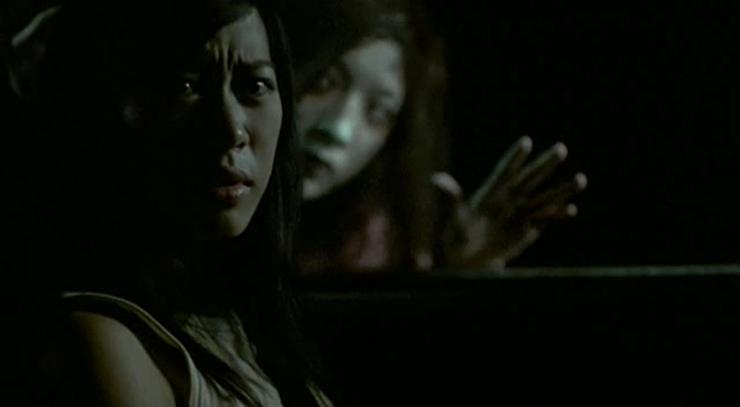
Tun and Jane, a young couple, hit a woman with their car while heading home after a long night of drinking with friends, and they flee the scene of the accident. Many unusual things happen over the next few days, and they begin to notice strange shadows in many of Tun’s images. Nothing is as it seems, and you can never truly escape your history, as the heroes will soon discover. The scares are pretty much standard in this film. It had the shots that appeared in photographs and haunted washrooms.
Although the idea may appear to some to be overly straightforward, the novel is packed with ingenious twists and scary plot themes. Unfortunately, it’s one of “Shutter’s” few redeeming qualities. The film’s surprise twists and turns, as well as the uniqueness with which the characters are developed and the subtle genius of the final plot twist, help it overcome some extremely poor decisions, saving it from being a by-the-numbers horror film.
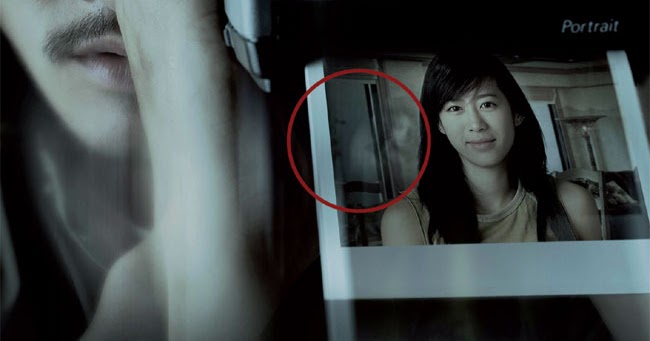
Unlike Japanese horror films where there’s mostly a curse clearly stated at the beginning, Shutter makes you wonder if at all there is a ghost. The character wakes up every time there is a scare. The ghostly photographs and faces in photos appear to be the result of poor photography. And by the middle of the movie, you could be wondering if there was ever an accident in the first place. So this film focuses less on the horror part but more on the guilt-driven mind of the character.
The film is said to have a deep influence on Buddhism. There are two aspects to hell in Buddhism. The first is the Hot Narakas, which torment the body with physical anguish, and the Cold Narakas, which torment the spirit with cold and gloom. The movie is mainly about karma; about a man who is tormented by his guilt. It also emphasizes desire and how it leads to unhappiness and is the source of all misery.
2. Pee Mak (2013)
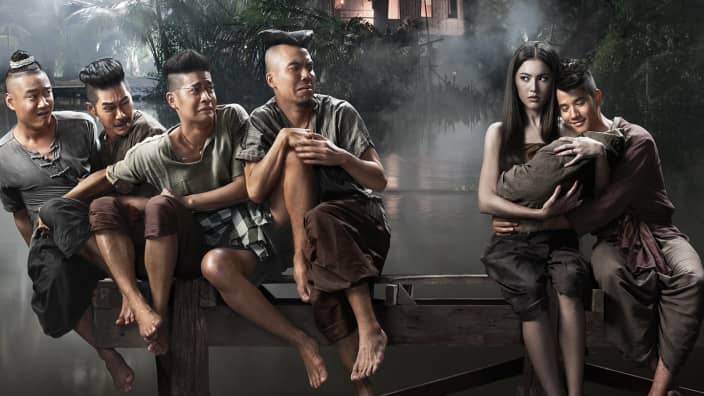
If you’re thinking horror movies need to focus on the scare then you’re probably wrong. One thing is for sure, a good horror movie doesn’t necessarily need to be scary. Pee Mak Phrakanong or Pee Mak is a witty, often anachronistic retelling of Mae Nak Phra Kanong, a well-known Thai ghost story. A young man, Mak, is sent out to fight over 100 years ago, during the chaotic Rattanakosin Kingdom era, leaving behind his beautiful pregnant wife, Nak. Nak and her baby die after childbirth while Mak is out fighting. Mak is injured, but he swears to return home alive. Mak returns home to find his wife and child waiting for him, and he refuses to believe the villagers’ claims that he is living with a ghost.
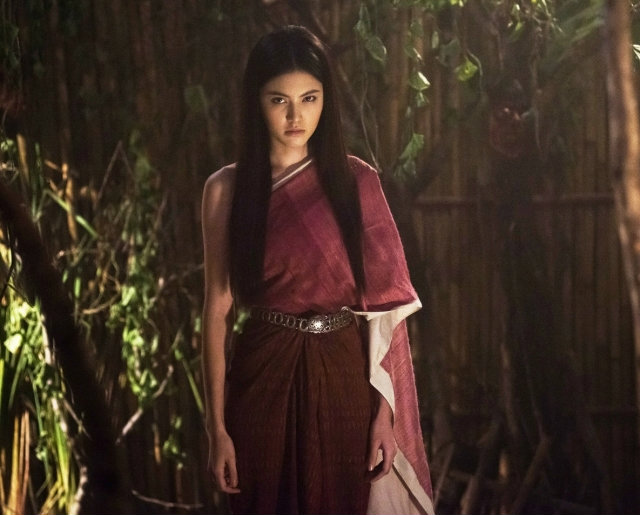
Another thing about this movie is how suspenseful it can be. It follows the theory of Hitchcock’s way of building tension which means lighting, music, camera angles, and shots, as well as the skillful use of sparse conversation, create tension and suspense. In this case, the highlight would be the ghost wife. In the beginning, you don’t know who she is and if she is even a ghost. Later on, Mak’s friend discovered she is dead and tried to warn Mak. While they try to do this, a villager told the friends that the wife had killed someone before which is why they are afraid of her.
With all the suspense and a pinch of horror, the two-hour films never stop being funny. The way this film has a balance in horror and comedy is really impressive.
3. The Promise (2017)
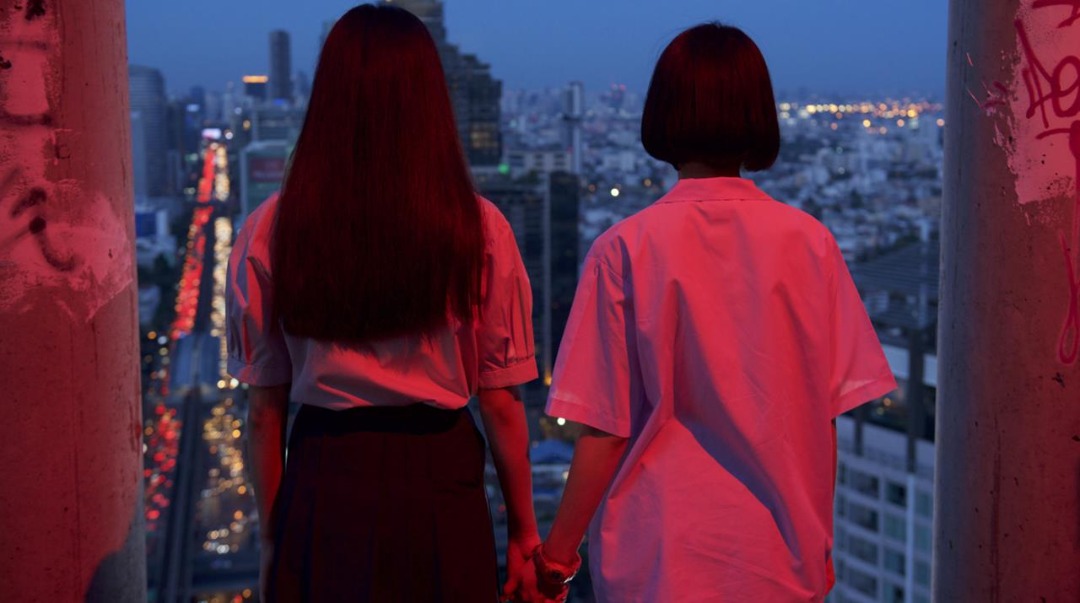
The Promise is a masterwork of creepy sensibility and sad memory in which two closest friends live in parallel worlds. Boum and Ib formed a friendship in 1997 while their families were co-investors in a high-end condominium in Bangkok. When the Asian economic crisis struck, resulting in a slew of bankruptcies and businessman suicides, their parents’ assets were seized, and they were forced to relocate to small flats. The two girls decided to end their lives together at the unfinished tower, promising to be together forever, despite growing tensions and hardships. Boum, however, was too terrified after witnessing Ib’s suicide. She went back on her word.
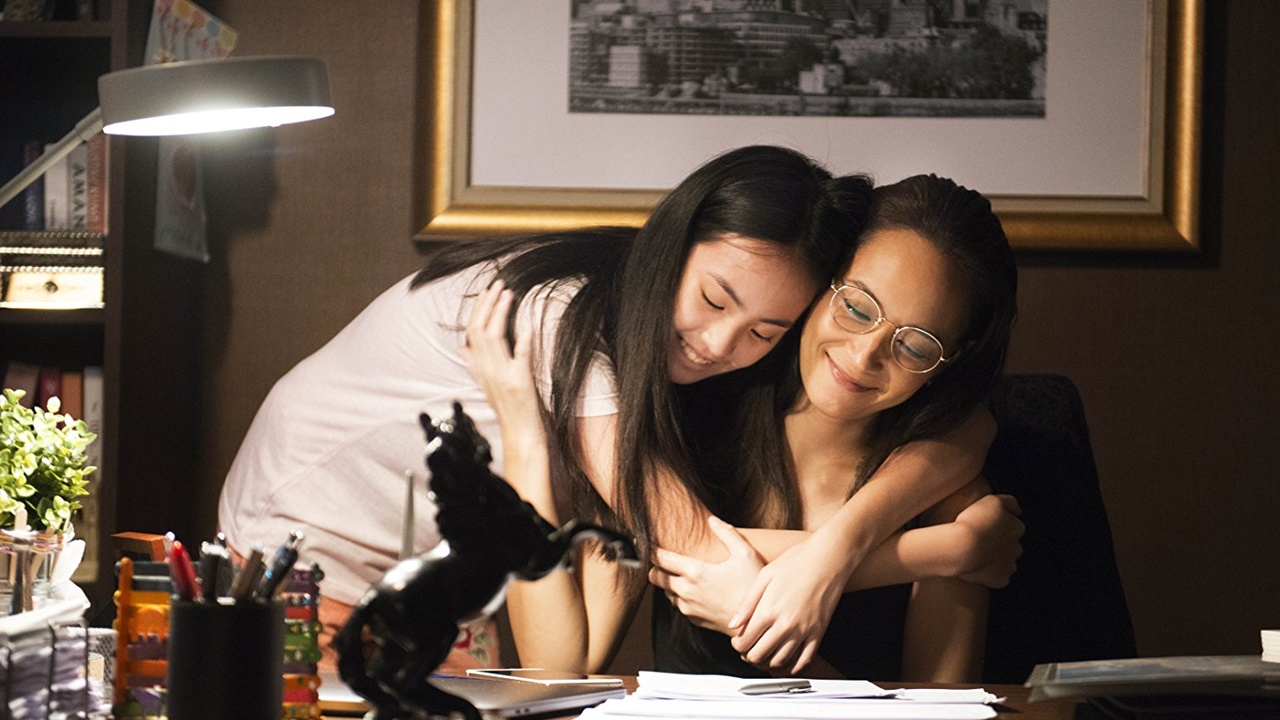
The main story is about the girl who ran away from suicide. She became a successful businesswoman and a loving mother. Boum was suddenly haunted by the ghost of her departed best friend on her daughter’s 16th birthday. Because there was little emphasis on the terror or suspense of the picture, it took a long time to get to the actual plot. The first half of the film concentrates mostly on the two main characters, their lives, feelings, and relationships.
When the actual story begins, Boum discovered something that took her back to the good old days. Her daughter sleepwalked and drew the same handprint that Boum and her best friend did at the old building. This movie has some good suspenseful horror flicks to keep the audience entertained. Rather than being all spooky, this horror film has more emotions. Rather than focusing on gore, blood, and over-the-top shocks, we only see the ghost once in a while throughout the film.
Sources: Accented Cinema, Asian Movie Pulse, Screen Anarchy, Far East Film, Time Out

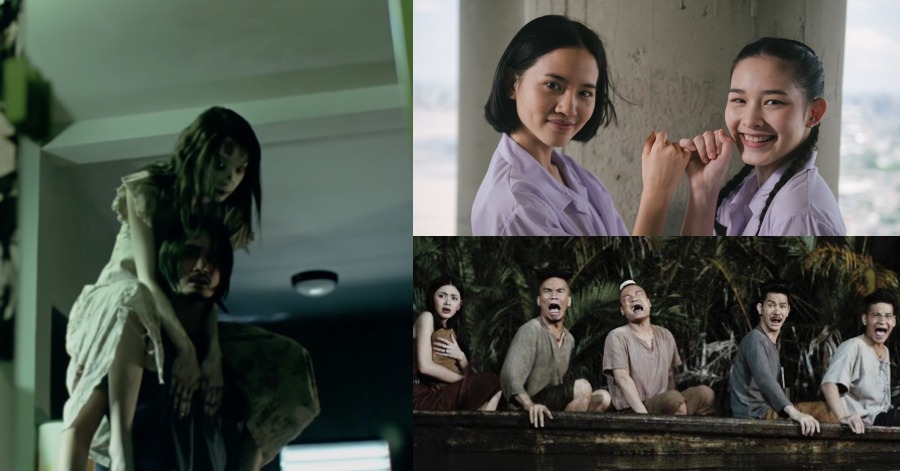


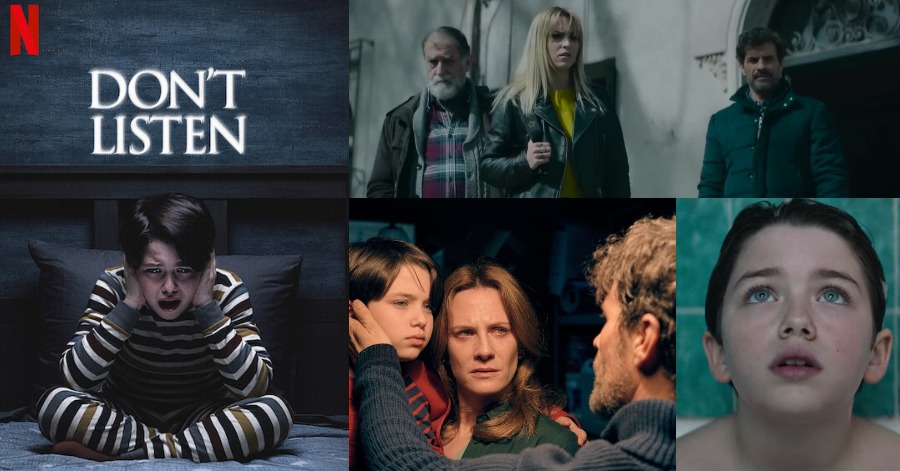


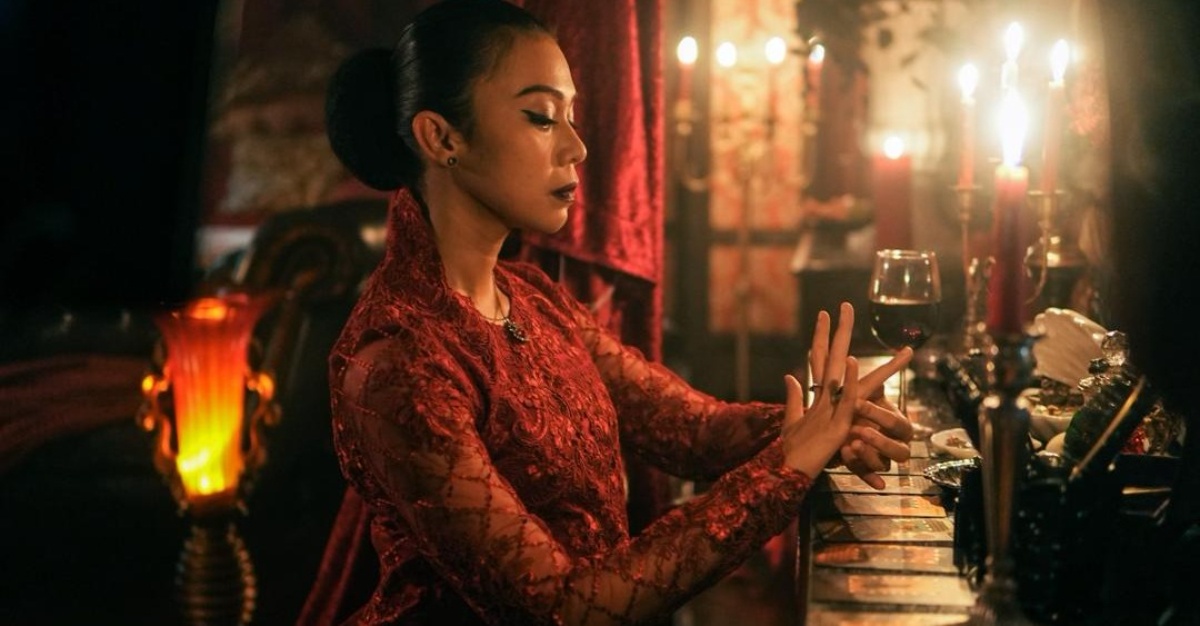
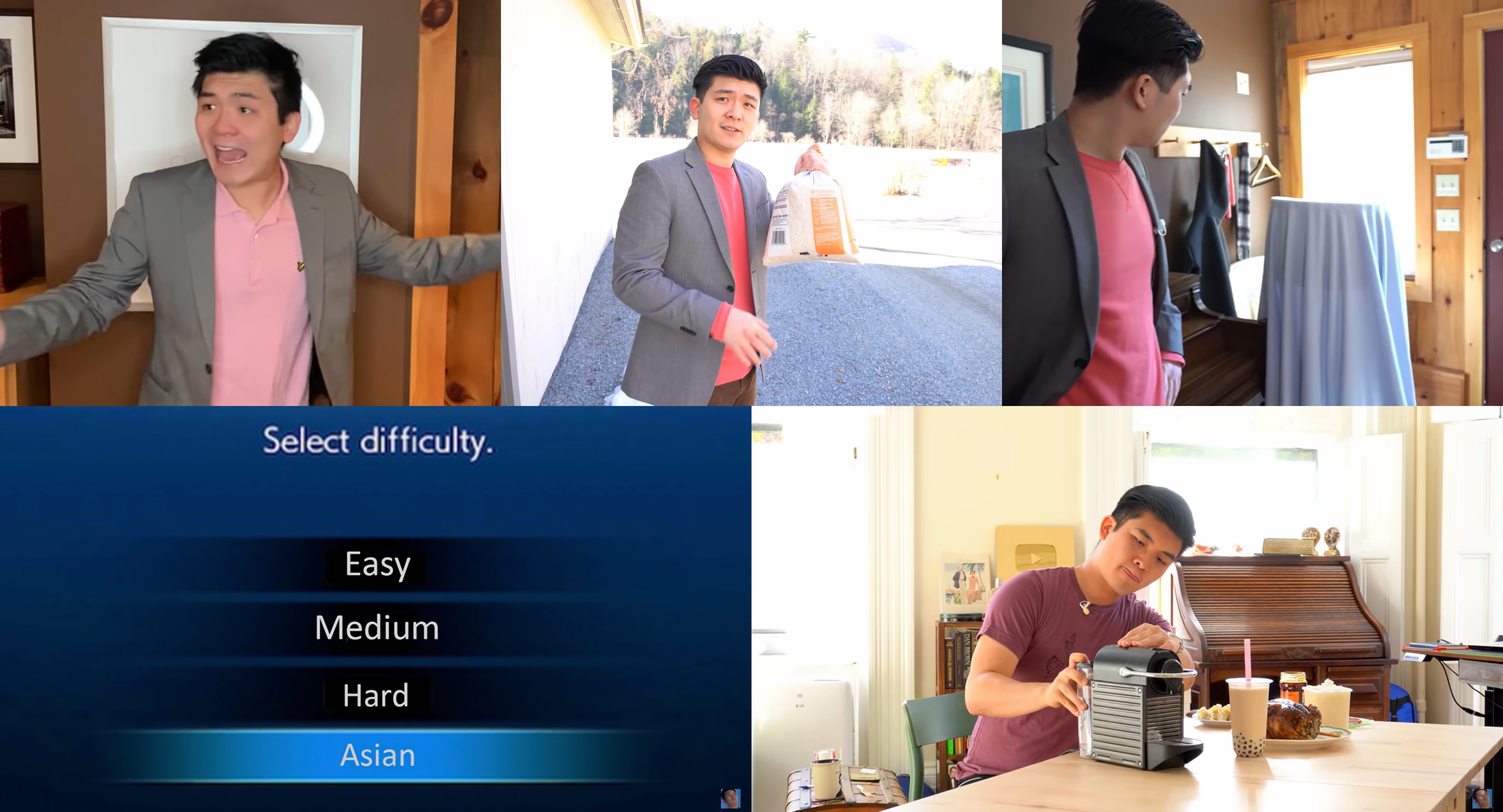
Leave a Comment